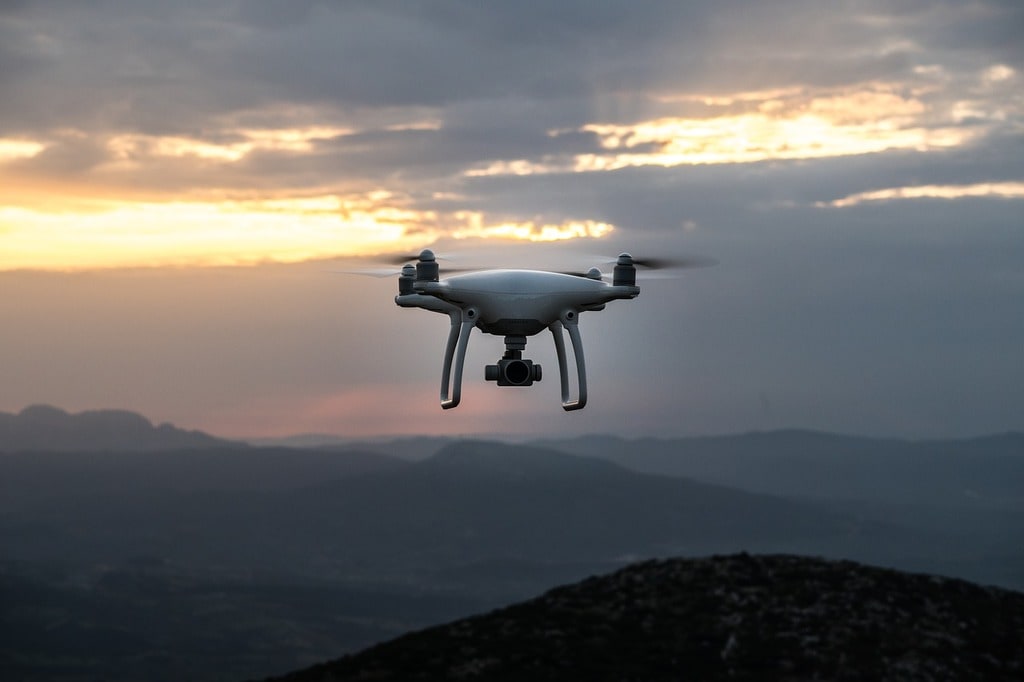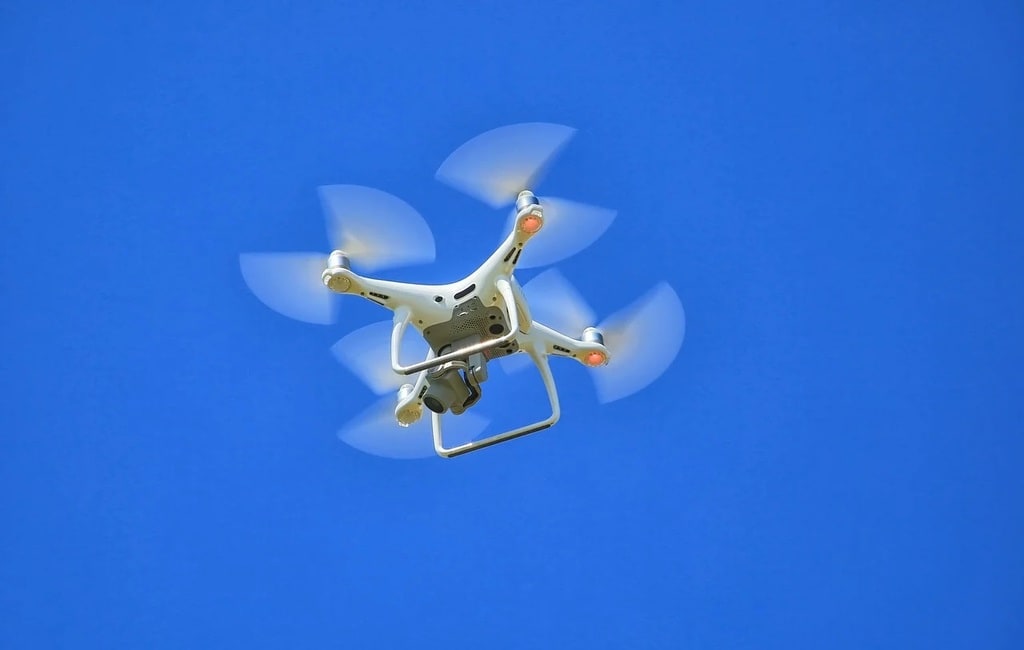Cutting-edge technologies are transforming the way people live and interact with the world. These advancements span various fields, from healthcare to transportation, communication, and entertainment. By integrating these technologies into daily life, society can achieve unprecedented levels of efficiency, convenience, and accessibility. This article delves into some of the most groundbreaking technologies that are making a significant impact on modern living.
Technologies Revolutionizing Our Lives
Advancements in technology are reshaping many aspects of life, driving progress and fostering innovation. Here are some of the most influential technologies that are changing our everyday experiences:
Artificial Intelligence and Machine Learning
Artificial Intelligence (AI) and Machine Learning (ML) are at the forefront of technological innovation. These technologies enable machines to learn from data, identify patterns, and make decisions with minimal human intervention. AI and ML applications are diverse, ranging from personalized recommendations on streaming services to advanced diagnostic tools in healthcare. For instance, AI algorithms can analyze medical images with remarkable accuracy, helping doctors detect diseases earlier and with greater precision.
In the business world, AI-driven analytics tools allow companies to gain deeper insights into customer behavior, optimizing marketing strategies and improving customer satisfaction. Self-driving cars, powered by sophisticated AI systems, are another groundbreaking development, promising to revolutionize transportation by reducing accidents and traffic congestion.

Internet of Things (IoT)
The Internet of Things (IoT) refers to the network of interconnected devices that communicate and share data with each other. This technology has a wide array of applications, from smart home devices to industrial automation. Smart homes equipped with IoT devices offer unparalleled convenience and security. For example, smart thermostats learn the user’s preferences and adjust the temperature automatically, while smart security systems provide real-time surveillance and alerts.
In agriculture, IoT sensors monitor soil conditions, weather, and crop health, enabling farmers to make data-driven decisions and optimize yields. In industrial settings, IoT devices track equipment performance and predict maintenance needs, reducing downtime and improving efficiency.
Blockchain Technology
Blockchain technology, best known for underpinning cryptocurrencies like Bitcoin, has far-reaching implications beyond digital currency. A blockchain is a decentralized, distributed ledger that records transactions across many computers securely and transparently. This technology ensures data integrity and security, making it highly valuable in various sectors.
In finance, blockchain enables secure and transparent transactions, reducing the risk of fraud and enhancing the efficiency of cross-border payments. Supply chain management also benefits from blockchain by providing traceability of products from origin to consumer, ensuring authenticity and reducing counterfeiting. Moreover, blockchain-based smart contracts automate and enforce agreements without the need for intermediaries, streamlining business processes.
Biotechnology and Genetic Engineering
Biotechnology and genetic engineering are transforming healthcare and agriculture. Advances in genetic editing technologies, such as CRISPR, allow scientists to modify genes with precision, opening up possibilities for treating genetic disorders and developing disease-resistant crops. In medicine, gene therapy is emerging as a promising treatment for conditions like cystic fibrosis and sickle cell anemia.
Agriculture benefits significantly from biotechnology, with genetically modified crops offering higher yields, improved nutritional content, and resistance to pests and diseases. These innovations contribute to food security and sustainability, addressing the growing global population’s needs.
Renewable Energy Technologies
The transition to renewable energy sources is essential for a sustainable future. Technologies such as solar panels, wind turbines, and energy storage systems are becoming more efficient and cost-effective, reducing reliance on fossil fuels. Solar power, harnessed through photovoltaic cells, provides a clean and abundant energy source, suitable for both residential and industrial applications.
Wind energy, captured by turbines, is another significant contributor to renewable energy portfolios. Advances in battery technology, such as lithium-ion and solid-state batteries, enable better storage and utilization of renewable energy, addressing the intermittency issue and ensuring a stable power supply.
To summarize the impact of these technologies, here are key points:
- AI and ML improve decision-making in various sectors.
- IoT devices enhance convenience and efficiency.
- Blockchain ensures data security and transparency.
- Biotechnology and genetic engineering revolutionize healthcare and agriculture.
- Renewable energy technologies support sustainable development.
Future Prospects and Ethical Considerations
As cutting-edge technologies continue to evolve, their integration into society presents both opportunities and challenges. Ethical considerations, such as privacy, security, and the potential for job displacement, need careful attention. Ensuring that technological advancements benefit all segments of society requires inclusive policies and regulations.
In conclusion, the rapid pace of technological innovation is reshaping our world in profound ways. Embracing these technologies while addressing their associated challenges will pave the way for a more efficient, sustainable, and equitable future.

